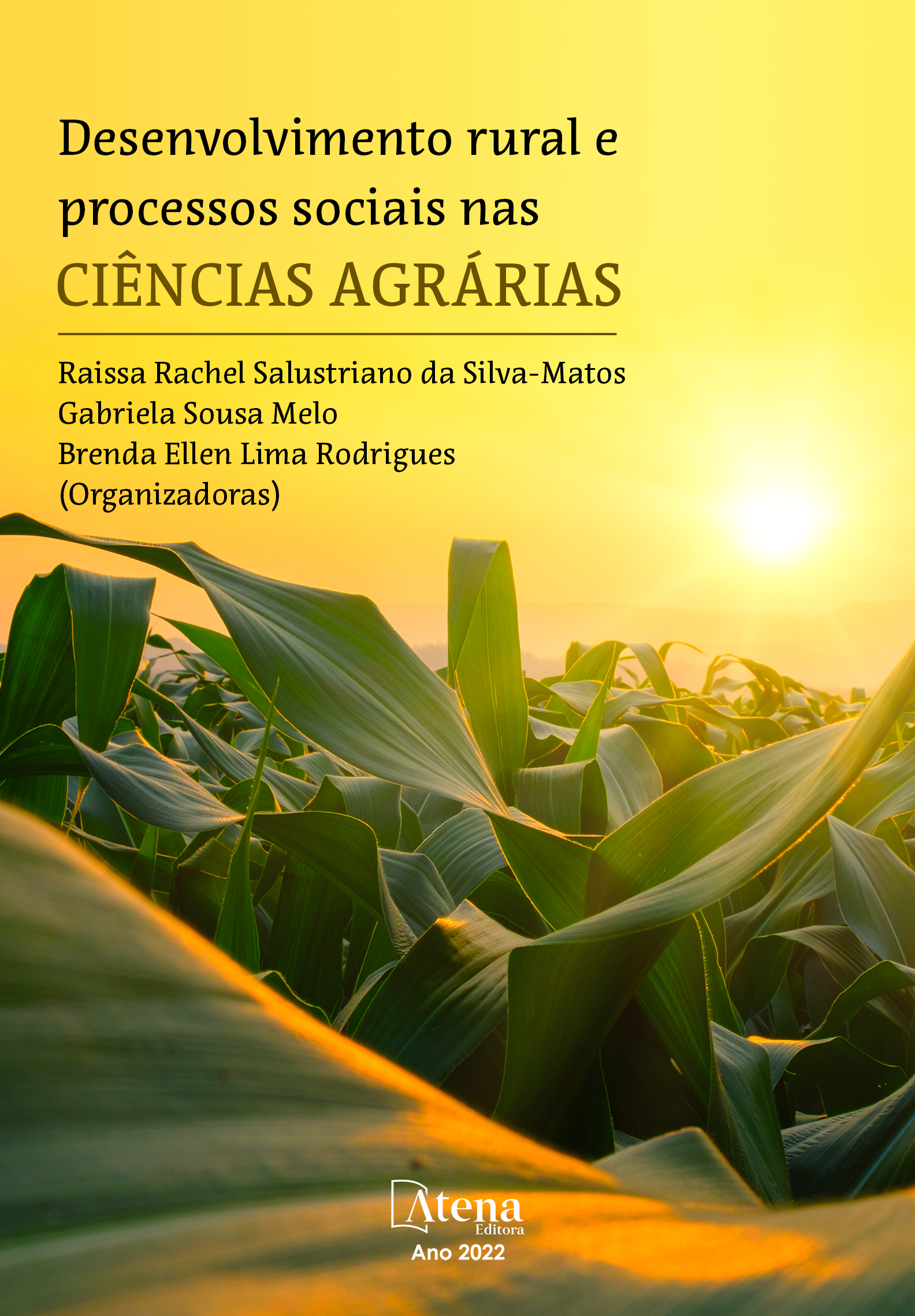
ATIVIDADE DO ÓLEO ESSENCIAL DE COPAÍBA (Copaifera lagsdorfii) NA ECLOSÃO DE Meloidogyne javanica
A Copaibeira ou pau d’óleo é uma espécie arbórea nativa do Cerrado com propriedades medicinais e antimicrobianas. Os fitonematoides do gênero Meloidogyne destacam-se pela grande importância a agricultura mundial. Para o manejo de fitonematoides, apesar da praticidade e rapidez nos resultados, o controle com nematicidas químicos sintéticos apresentam problemas de toxicidade, de modo que os nematologistas cada vez mais buscam medidas de controle alternativas. Portanto, o presente trabalho teve como objetivo avaliar in vitro a ação nematicida do óleo essencial de copaíba na eclosão de juvenis de segundo estádio (J2) de Meloidogyne javanica. O experimento foi realizado em condições de laboratório, onde os J2 de M. javanica foram submetidos ao óleo essencial de Copaíba 100% natural nas concentrações de 0, 8, 16 e 32 mg L-1 e acondicionado em câmara incubadora do tipo B.O.D (Demanda Bioquímica de Oxigênio) a 26°C no escuro por um período de 48 horas. A análise dos dados foi realizada utilizando o software SISVAR. Houve efeito significativo em todas as concentrações do óleo essencial copaíba sobre a eclosão de M. javanica. As concentrações de 8 e 16 mg L-1 do óleo essencial de copaíba foram as que apresentaram maior percentual na redução da eclosão dos nematoides, com percentagem de inibição de 73,44 e 71,88 %, respectivamente. Os resultados obtidos no presente trabalho permitem concluir que óleo essencial de copaíba apresenta potencial de ser utilizado no controle de M. javanica. No entanto, ainda se fazem necessários novos estudos in vivo para a comprovação dos resultados tanto em condições controladas, como em campo para o controle deste fitonematoide.
ATIVIDADE DO ÓLEO ESSENCIAL DE COPAÍBA (Copaifera lagsdorfii) NA ECLOSÃO DE Meloidogyne javanica
-
DOI: 10.22533/at.ed.6462231019
-
Palavras-chave: Fitonematoide; Controle Alternativo; Cerrado, nematicida natural
-
Keywords: Phytonematode; Alternative Control; Cerrado, natural nematicide
-
Abstract:
Copaibeira or pau d’leo is a tree species native to the Cerrado with medicinal and antimicrobial properties. Phytonematodes of the genus Meloidogyne stand out for their great importance in world agriculture. For the management of phytonematodes, despite the practicality and speed of results, the control with synthetic chemical nematicides presents toxicity problems, so that nematologists increasingly seek alternative control measures. Therefore, this study aimed to evaluate in vitro the nematicidal action of the essential oil of copaiba on the hatching of second-stage juveniles (J2) of Meloidogyne javanica. The experiment was carried out under laboratory conditions, where the J2 of M. javanica were subjected to 100% natural Copaíba essential oil at concentrations of 0, 8, 16 and 32 mg L-1 and stored in a BOD (Demand) incubator chamber. Oxygen Biochemistry) at 26°C in the dark for a period of 48 hours. Data analysis was performed using the SISVAR software. There was a significant effect at all concentrations of the essential oil copaiba on the hatching of M. javanica. The concentrations of 8 and 16 mg L-1 of the essential oil of copaiba were the ones that presented the highest percentage in the reduction of the nematodes hatching, with inhibition percentages of 73.44 and 71.88%, respectively. The results obtained in this work allow us to conclude that essential oil from copaiba has potential to be used in the control of M. javanica. However, further in vivo studies are still needed to confirm the results both under controlled conditions and in the field for the control of this phytonematode.
-
Número de páginas: 14
- Rodrigo Vieira da Silva
- Gabriela Araújo Martins
- João Pedro Elias Gondim
- Lara Nascimento Guimarães
- Nathália Nascimento Guimarães
- Edcarlos Silva Alves
- Augusto Henrique dos Santos
- Ana Paula Gonçalves Ferreira


